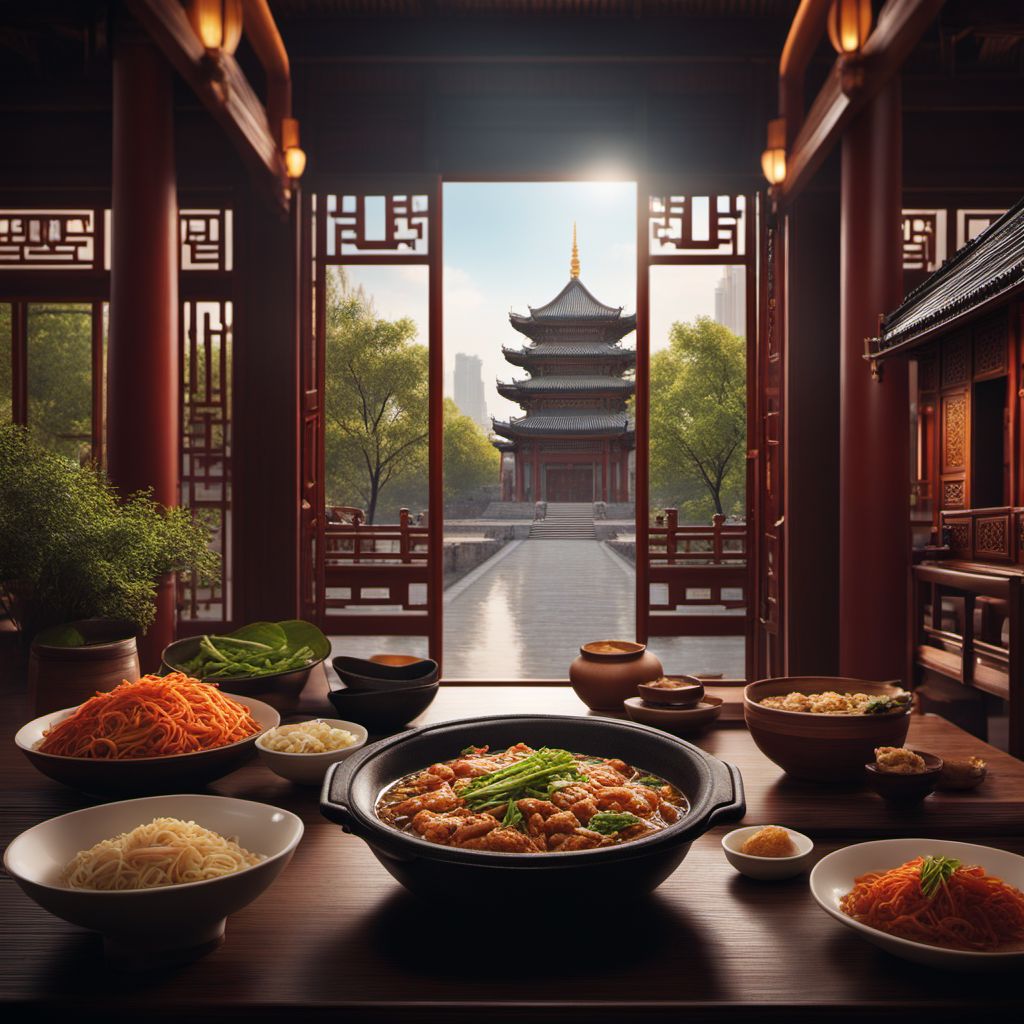
Cuisine
Jiangsu cuisine
Jiangsu cuisine is characterized by its use of fresh ingredients, light seasoning, and meticulous preparation techniques. It is known for its emphasis on the natural flavors of the ingredients, and its ability to create complex and subtle flavors through careful cooking methods. The cuisine is divided into two main styles: Nanjing style and Suzhou style. Nanjing style is known for its emphasis on saltiness and umami flavors, while Suzhou style is known for its sweetness and lightness.
Typical ingredients
Freshwater fish, Seafood, Poultry, Pork, Bamboo shoots, Mushrooms, Soy sauce, Vinegar, Sugar, Shaoxing wine, Ginger, Scallions, Garlic
Presentation and garnishing
Dishes are often presented in a simple and elegant manner, with an emphasis on the natural colors and textures of the ingredients. Garnishes are used sparingly, and are typically simple and understated.
Jiangsu cuisine is also known for its use of Huaiyang cuisine techniques, which emphasize the natural flavors of the ingredients and the use of light seasoning. Many of the dishes are also influenced by the cuisine of neighboring Zhejiang province.
More cuisines from this region...
History
Jiangsu cuisine has a long history dating back to the Qin and Han dynasties. It was heavily influenced by the imperial cuisine of the Ming and Qing dynasties, and was further developed during the Republican era. The cuisine is closely tied to the region's geography, with its emphasis on seafood and freshwater fish reflecting the province's location on the coast and along the Yangtze River.
Cultural significance
Jiangsu cuisine is considered one of the most refined and elegant of the eight major Chinese cuisines. It is often served at banquets and formal occasions, and is associated with wealth and status. The cuisine is also closely tied to the region's cultural heritage, with many dishes named after famous landmarks and historical figures.
Health benefits and considerations
Jiangsu cuisine is known for its health benefits, with its emphasis on fresh ingredients and light seasoning. Many of the dishes are low in fat and calories, and are high in protein and vitamins. However, some dishes may be high in sodium or sugar, so it is important to eat them in moderation.
Jiangsu cuisine recipes Browse all »
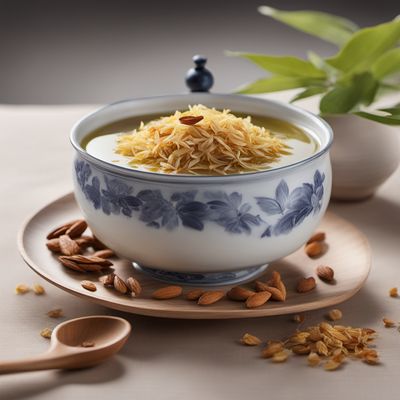
Jiangsu-style Budyń Pudding
Silky Sweet Delight: Jiangsu-style Budyń Pudding

Jiangsu-style Caramelized Onion Pancake
Golden Onion Pancake Delight

Jiangsu-style Spicy Seafood Pizza
Fiery Fusion: Jiangsu-style Spicy Seafood Pizza

Jiangsu-style Vegetable Hosomaki
Delicate Vegetable Rolls: A Taste of Jiangsu Cuisine
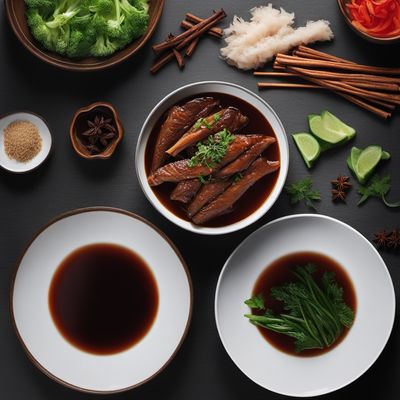
Jiangsu-style Braised Goose
Succulent Jiangsu Goose: A Fusion of Austrian and Chinese Flavors

Jiangsu-style Duck Pappardelle with White Ragù
Silky Pappardelle with Fragrant Duck Ragù - A Taste of Jiangsu
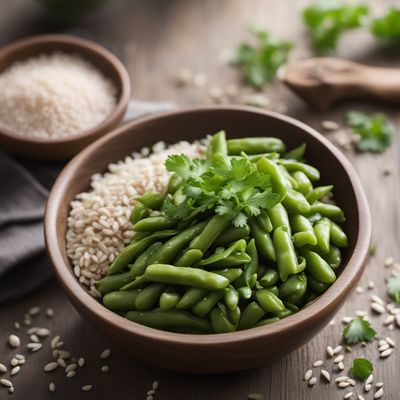
Jiangsu-style Salted Fava Beans
Savory Jiangsu Fava Beans: A Delightful Twist on a Spanish Classic
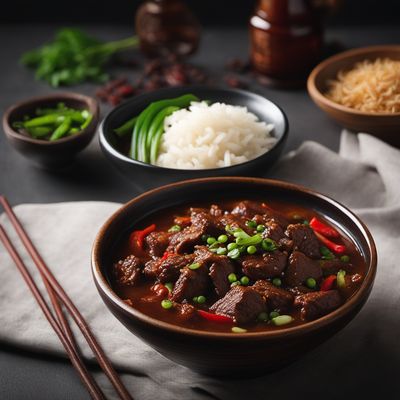
Jiangsu-style Spicy Beef Stew
Fiery Beef Stew: A Spicy Delight from Jiangsu

Jiangsu-style Steamed Mahi Mahi
Silken Delight: Steamed Mahi Mahi with Jiangsu Flair
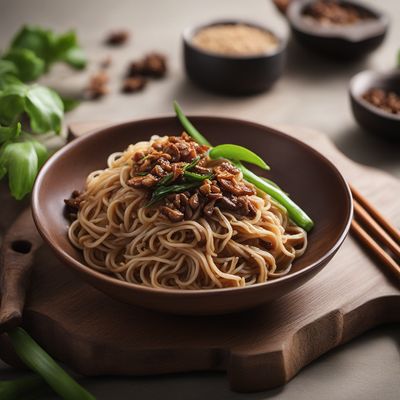
Jiangsu-style Danubio Napoletano
Fluffy Lotus Blossom Bread: A Fusion of Italian and Jiangsu Delights
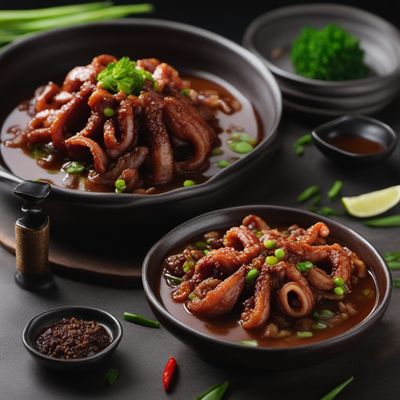
Jiangsu-style Braised Octopus
Tender and Flavorful Jiangsu-style Braised Octopus
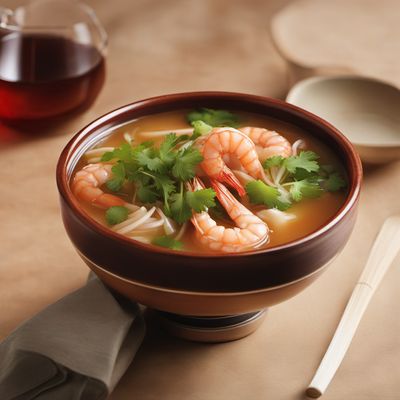
Jiangsu-style Shrimp Soup
Silky Shrimp Delight: A Taste of Jiangsu